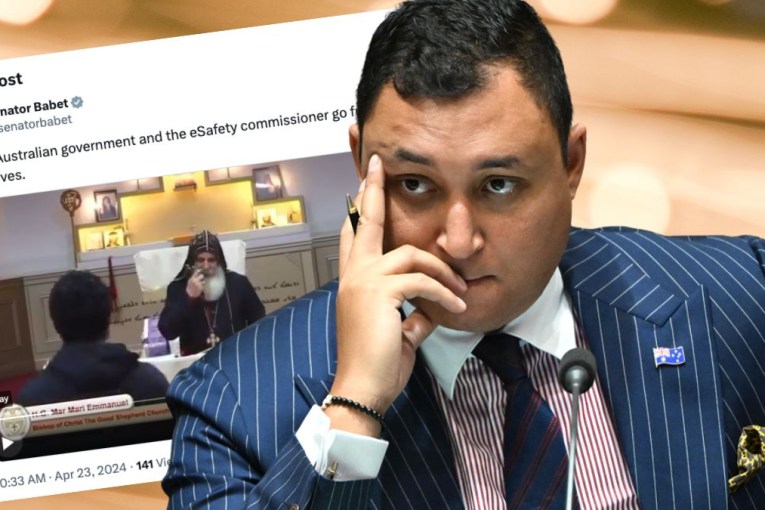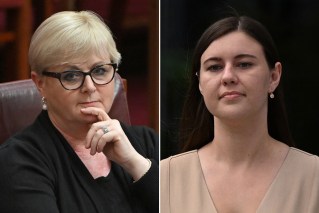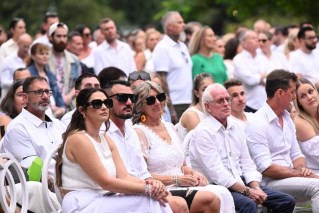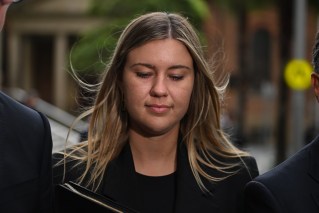Two Rwandan refugees resettled in Australia posed a danger: US judge
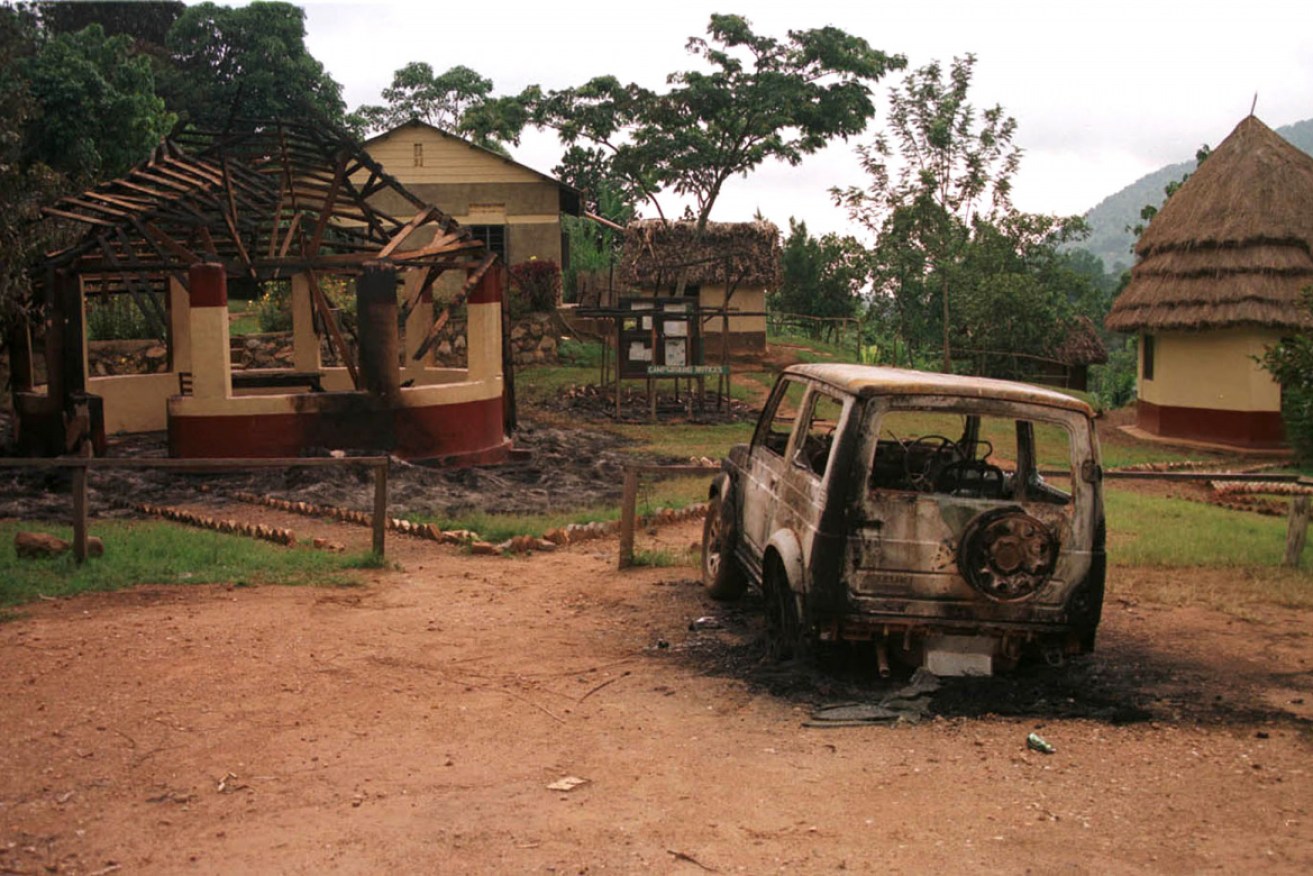
The burned out Ugandan village where eight foreigners were hacked to death in 1999. Photo: AAP
A retired United States immigration judge says two Rwandan men who were resettled in Australia posed a threat to the safety and security of the US.
The men were brought to Australia late last year as part of the so-called “refugee swap” arrangement that was brokered by former US president Barack Obama and former prime minister Malcolm Turnbull.
The men had confessed to murdering two Americans – Rob Haubner, 48, and Susan Miller, 42 – who were on a gorilla-watching expedition in Uganda in 1999.
US authorities extradited the men and prosecutors were seeking the death penalty, but the case against the pair collapsed when a US judge found that the men’s confessions were obtained under torture.
The men applied for asylum in the US, claiming they would be tortured if they were forced to return to Rwanda.
But the immigration judge who rejected their claim for asylum in 2007 has told ABC TV’s 7.30 the men were potentially violent and posed a danger to the US.
“I made the decision that these individuals were dangerous when I denied their applications for asylum,” retired judge Wayne Iskra told 7.30.
“At that time, the time of that hearing, I made a determination that they were a danger to the community.”
Retired judge Iskra found that they were members of a terrorist group, the Army for the Liberation of Rwanda, and he did not believe they had been rehabilitated.
The judge’s decision did not consider whether the men had killed the two Americans, but he says there is compelling evidence that they were present when the massacre took place.
“I didn’t have any evidence that either of these individuals did the killing, but they were there when the killing occurred, and therefore, they would be considered persecutors of others, and a danger.”
Former judge Iskra ruled that the men held credible fears of being tortured if they were returned to Rwanda, and they faced indefinite detention in the US.
Two of them would eventually end up in Australia.
Family of victim speaks out
In total, eight foreigners were killed in the March 1, 1999, attack in the Bwindi Impenetrable Forest in Uganda.
More than 100 members of a Rwandan Hutu militia attacked the tourist camp at dawn. The victims, Mr Haubner and Ms Miller, as well as two New Zealand women and four British citizens, were bludgeoned to death with axes and machetes.
Mr Haubner’s sister DeAnne Haubner Norton told 7.30 from her home in Oregon she was devastated when the case against the men collapsed, and it has caused even more hurt to discover the men are living in Australia.
“I had no idea that they had been transferred to Australia,” she said.
“A terrible wrong had been committed, and allowing these people to thrive in a new country by their choice doesn’t seem like justice. It just seems wrong.”
Australian Payton Roocke was also on a gorilla-watching expedition in the Bwindi Forest when the attack occurred. He said he was very uncomfortable with the process that took place to bring the men to Australia.
“They haven’t tried to come to Australia, they haven’t applied to come to Australia,” he told 7.30.
“I don’t know why we took them in. Even with all the security measures that we’ve been told that they’ve gone through, I just can’t see why they came to Australia in this fashion.”

The bodies of Rob Haubner and Susan Miller arrive back in the US. Photo: Getty
‘They were cleared’
The men were brought to Australia as part of an arrangement with the US. The US offered to accept as many as 1250 asylum seekers on Nauru and Manus Island in exchange for Australia accepting refugees from Central America.
It was not made public that Australia would also resettle people who were in immigration detention in the US.
In a statement to 7.30, a spokesperson for Immigration Minister David Coleman said Australia does not and has not taken anyone who has been issued an adverse assessment by security agencies.
“Australia works with other resettlement countries, including the United States, on refugee and humanitarian cases,” the statement read.
When asked about the agreement on May 16, Prime Minister Scott Morrison told 7.30 the two men passed the relevant security and character assessments.
“They’re in Australia and they were cleared of those particular matters, in terms of Australia’s assessment of those particular matters, and I can confirm that,” he said.
